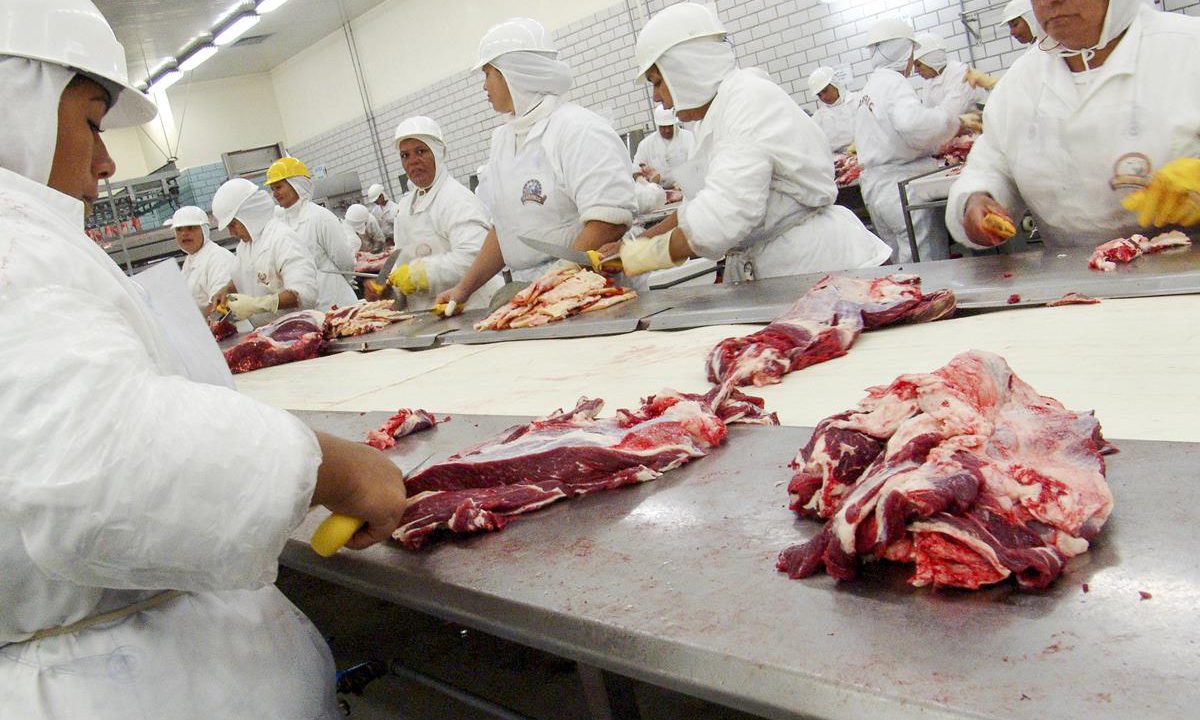Sinn Féin spokesperson on workers’ rights Louise O’Reilly has said she is confident that scrutiny of her bill to make Covid-19 a notifiable workplace illness will reinforce the need for such legislation.
This week, the Safety, Health and Welfare at Work (Amendment) Bill 2020 underwent pre-legislative scrutiny by the Oireachtas Joint Committee on Enterprise, Trade and Employment.
Officials from the HSE, the HSA (Health and Safety Authority) and the Irish Congress of Trade Unions (ICTU) attended the meeting also.
To protect workers in all workplaces
Workplace outbreaks of Covid-19 are currently not a notifiable occupational illness to the HSA due to gap in the Safety, Health and Welfare at Work Act.
Deputy O’Reilly published her bill to make workplace outbreaks notifiable to the HSA in June 2020.
“At the time of launching the bill, I outlined that many, many workers were being put in danger because of the rapid development of clusters of the virus in workplaces. It is with great regret that this became a constant reality over the past year,” the deputy said.
The aim of the legislation is to protect workers in all workplaces, whether that be in meat plants, care homes, building sites, or office blocks in the IFSC.
Speaking at the meeting, the deputy said that “there is a reason some workplaces have been singled out for special attention during this pandemic – with meat factories, nursing homes and hospitals being the top three”.
Driving factor
“Nobody is suggesting that the reason they were singled out for special attention was they happen to be located in areas where there is a high level of community transmission,” she said.
“In fact, the reason these workplaces have been singled out for specific and special attention is they have become sites of transmission.
“I contend that where this has happened and infections have been acquired in a workplace, that should be treated as an occupational illness purely and simply because it is an illness a person acquired in the conduct of his or her work.”
Deputy Paul Murphy added that workplace infections “are a driving factor in Covid”.
“If one looked at hotspots geographically, one would find that they map fairly well onto geographical centres with meat plants,” he said.
Sick pay
The issue of lack of sick pay for meat plant workers was also raised at meeting. Deputy Francis Noel Duffy said it would be “naive” not to acknowledge that the lack of sick pay schemes may deter workers from reporting symptoms or getting tested “for fear of being without a salary for weeks and not being able to make ends meet”.
“The solution is clearly the introduction of statutory sick pay, which I believe is currently being progressed and reviewed by the Tánaiste.”
Speaking on behalf of ICTU, Dr. David Hughes said that workers on very low incomes “are in a massive dilemma” because they will be without income if they report symptoms.
“There is a big problem with the suppression of the virus and the information that would lead to controlling the virus in the absence of sick pay. We are long overdue a proper sick pay scheme for workers.”
‘Crucial question of worker’s rights’
Meanwhile, marking six months since the government’s decision to delay the Labour Party’s sick pay proposals, Labour’s spokesperson on employment affairs Senator Marie Sherlock said that “no one should have to choose between their wages and their health”.
Labour brought forward a bill last September for statutory paid sick leave. The government voted to delay the bill for six months.
“We need workers to self-isolate if they are ill, and we must ensure that no worker is left out of pocket for doing the right thing,” the senator said.
This is a crucial question of worker’s rights, but it is also the essential missing piece in our strategy against Covid-19.
“Sick pay is not a luxury. Across the EU, 22 countries already have a statutory right to sick pay, as does the UK. Ireland is one of only five EU members that doesn’t recognise this essential right. “
